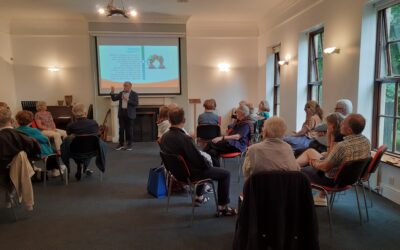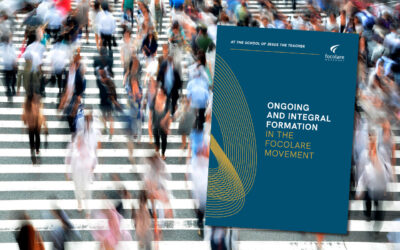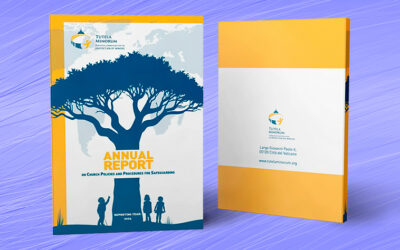 The humanitarian emergency caused by conflicts in the Ivory Coast, with thousands of refugees and displaced people, has engaged international NGOs who, in collaboration with the local church, strive to provide aid and refuge to as many people as possible. 600km west of the country’s capital, near Man there is one of the Focolare Movement’s ‘little towns’ which seeks to be a permanent witness of brotherhood and evangelical love. How are its inhabitants reacting to the country’s present crisis?
The humanitarian emergency caused by conflicts in the Ivory Coast, with thousands of refugees and displaced people, has engaged international NGOs who, in collaboration with the local church, strive to provide aid and refuge to as many people as possible. 600km west of the country’s capital, near Man there is one of the Focolare Movement’s ‘little towns’ which seeks to be a permanent witness of brotherhood and evangelical love. How are its inhabitants reacting to the country’s present crisis?
Adriana Masotti from Vatican Radio asked this question to Vitoria Franciscati, the director of the Focolare’s Centre in the Ivory Coast for 20 years:
We are involved in humanitarian aid in a fairly direct way. Man has become a reception centre because there’s a conflict zone 80km to the west and a large number of people have fled from the very difficult situation. People also come here from the capital Abidjan and we, along with others throughout the diocese, have offered our strengths to receive as many refugees as we can. In our little town we have a medicine dispensary, a clinic and a centre for the fight against malnutrition. The number of abandoned patients and small children (often along with a grandparent) is growing. This work has therefore become more demanding and is being brought ahead. We are also a reference point for humanitarian organisations that come to the region to help the fight against hunger: Médicins sans Frontiers, Red Cross and so on. There is no water in the city and so people come here to our well. Electricity is often down and we have we share our generator that runs for a few hours a day. There’s lots of collaboration therefore with everyone.
You are far from the capital but there are members of the Focolare community who live in Abidjan near Gbagbo’s residence which is hit by the conflicts. What is their experience at the moment?
Our members are present in neighbourhoods throughout the city especially in the outgoing president’s neighbourhood. We are in contact with them various times a day and they are determined and committed to living and spreading a Gospel-based lifestyle, to being builders of peace through a life of love: it’s the only force capable of disarming hearts, the most difficult but most necessary task at present.
The country has been split into two blocs with opposition even within families. How do they deal with this division?
This is the point: starting from home, from the family. Some kids tell us, “I don’t know my father any more, I don’t recognise him”, because division has penetrated; it’s something that deeply pierces. It wasn’t like that before. Ivorians however are very sensitive people and are ready to change, they’re not so hardhearted. We must therefore have faith in them; they are a welcoming people who are used to cohabitation of different ethnic groups and religions. There have never been problems in that regard.
What is the principle contribution that you want to give and that you have committed yourselves to giving to Ivorian society?
Brotherhood. The “Golden Rule”: do unto others as you would have done unto you. That is our specific contribution.
Lived in a concrete way day by day, trying to love the other even if he’s different…
Exactly. Accepting those who are different from me, who have a different way of thinking. I believe that new political systems will arise, have to arise, from Africa’s cultural roots. Prayer, however, is very important at this time because hearts have been hardened and a grace from God is needed.
Source: Vatican Radio – Radio Giornale 10/04/2011




0 Comments